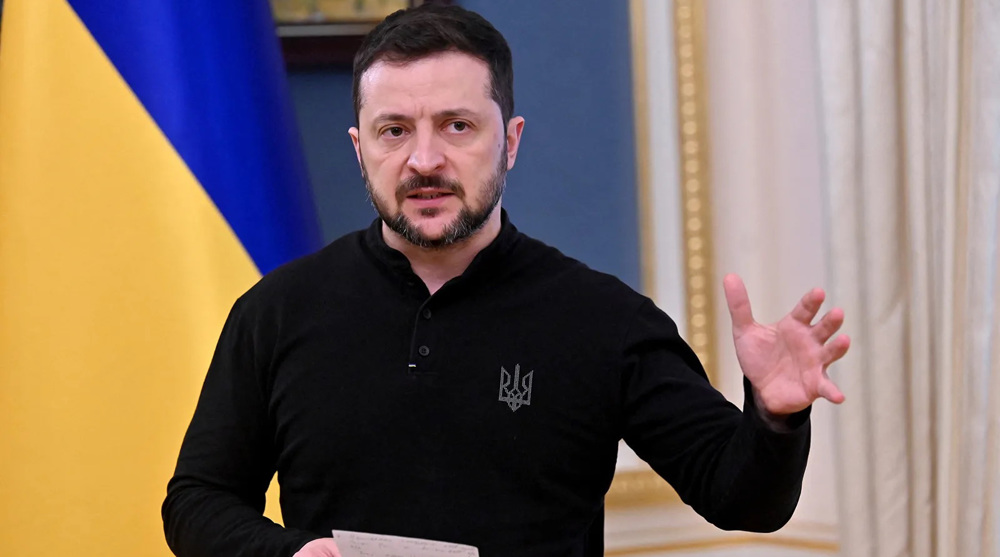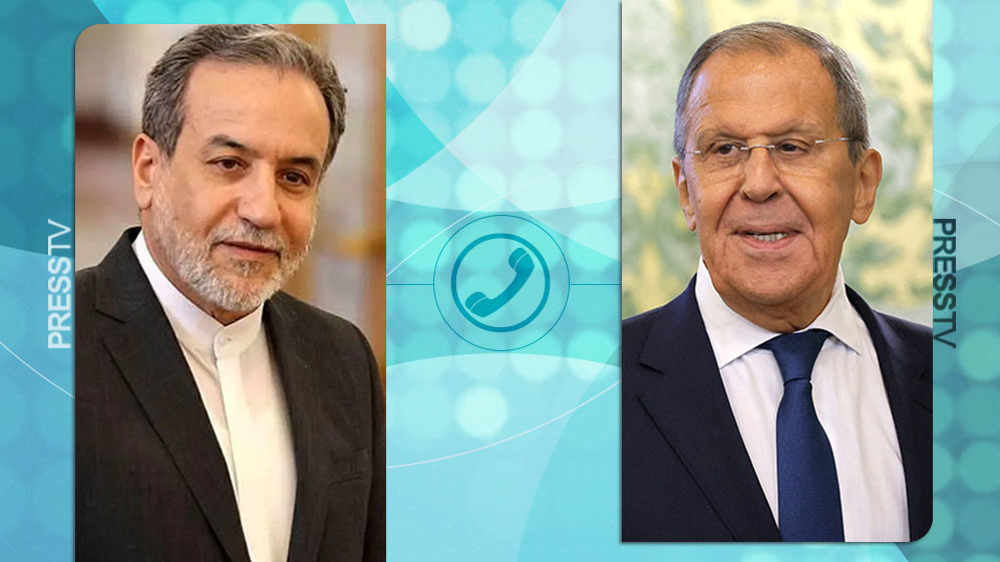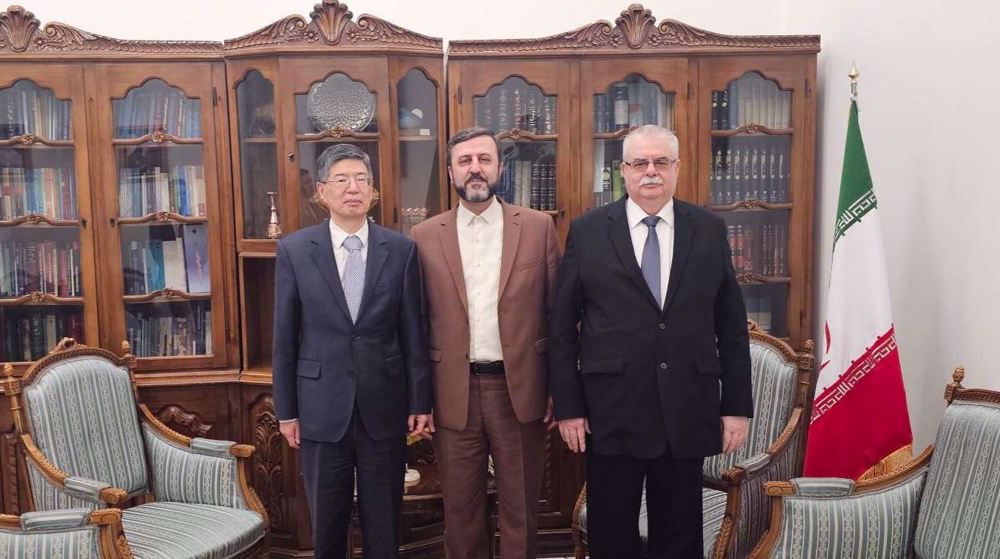Terror sponsors in S Arabia, Qatar must beware of Russia: Analyst
A Russian political expert says Saudi Arabia and Qatar are harboring sponsors of terror, adding that the patrons must be "very much afraid of" potential countermeasures by Moscow.
"In Qatar and Saudi Arabia, there are those who organize and sponsor terrorist attacks - they are headquartered there. There are well-known people there, who control terrorist activities in Syria and Iraq,” Pravda news agency, quoted the CEO of the Institute for the Middle East, Yevgeny Satanovsky, as saying.
Satanovsky warned, "These people should be very much afraid of Russia.”
According to Satanovsky, Moscow has “stepped on the warpath” following the terrorist attack in the skies over the Sinai Peninsula.
The Takfiri Daesh terrorist group claimed responsibility for downing the Russian airliner, killing 224, mostly Russian citizens, on board the plane.
Russian Foreign Minister Sergei Lavrov said on November 18, 2015, in a meeting with his Lebanese counterpart that in order to protect its citizens, Moscow would act in accordance with the United Nations guidelines-implementing article 51 of the UN Charter by using all its military, diplomatic and financial means.

“As President [Vladimir] Putin said, we will act in accordance with Article 51 of the UN Charter, which envisages the right of a state to individual or collective self-defense against an armed attack on it. The terrorist attack over the Sinai Peninsula was an attack on Russian citizens, which is equivalent to attacking the Russian state. We will exercise the right to self-defense by any means available to us, including political, military, intelligence, special services and so on.”
War against Daesh
Following an official request from the Syrian government on September 30, Russia launched military airstrikes targeting positions of Daesh and other militant groups in Syria.
A coalition of Western and regional states, under Washington’s leadership, has also been pounding purported Daesh positions in Iraq and Syria, although Damascus rejects the campaign as ineffective and as a violation of its territorial sovereignty.
Some Western countries, led by the US, and their regional allies - mainly Turkey, Qatar and Saudi Arabia - have been widely accused of supporting the militants, such as Daesh, in Syria to overthrow the government in Damascus.
VIDEO | Press TV's news headlines
VIDEO | Iran will not 'capitulate' since it has military surprises for US
China overtakes US as Germany’s top trading partner
VIDEO | Displaced Gazans struggle to find clean water amid Ramadan
VIDEO | Pakistan strikes militant camps along Afghan border after suicide bombings
Iran FM: Chance still exists for win-win solution to nuclear issue
Denmark rejects Trump's plan to send US hospital ship to Greenland
US Secret Service kills man trying to enter Trump’s Mar-a-Lago estate










 This makes it easy to access the Press TV website
This makes it easy to access the Press TV website